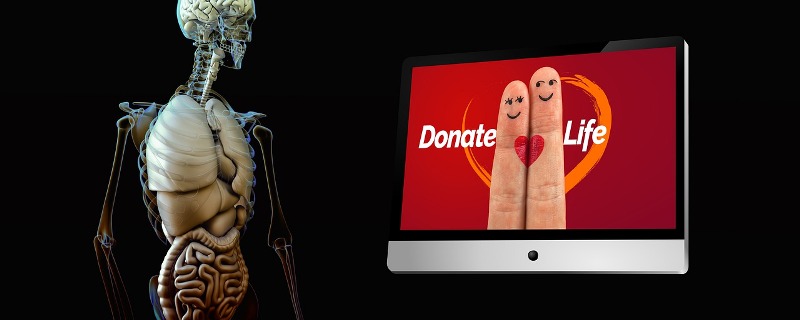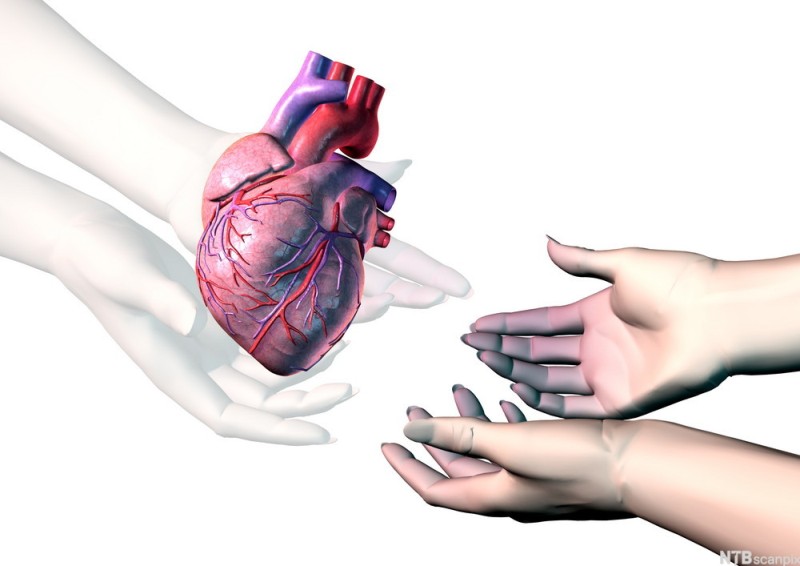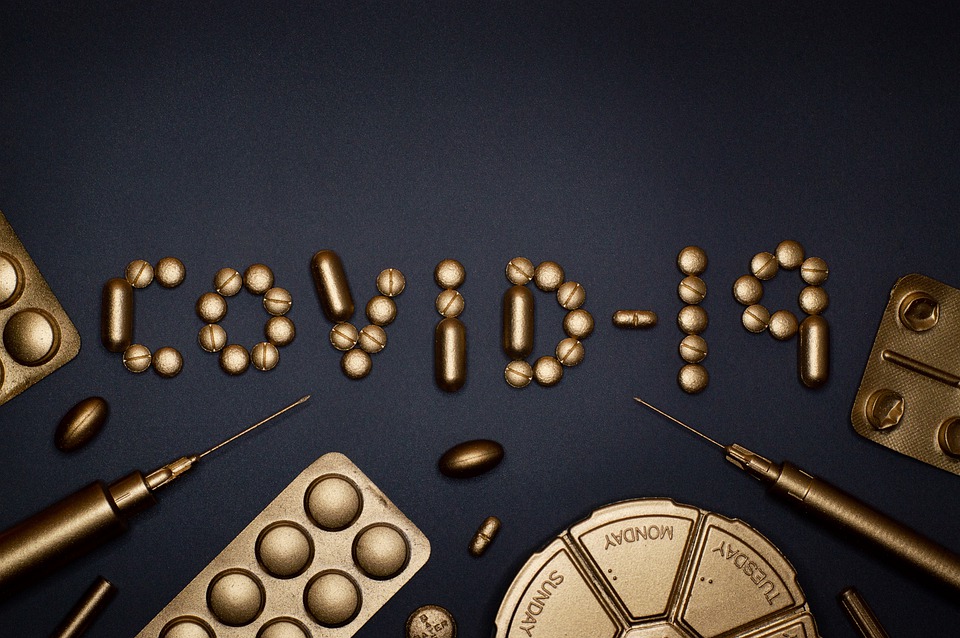
What Organ Donation Is All About
What Organ Donation Is All About
Summary
– Organ donation: a free gift for the life of another
– The steps involved in organ donation
– What happens to the body in the event of organ donation
– At what age can you donate your organs?
– Let someone know you want to donate your organs
– How do you know who will receive your organs?
When someone dies, they may decide to donate their body. This can take two different forms: organ donation or donation of the body to science.
Organ donation: a gift for the life of another
Organ donation is a possibility that often presents itself to the family of the deceased.
Under certain conditions (especially if the deceased was in good health), one or more of the deceased’s organs can be removed to prolong a person’s life awaiting a transplant.
As of January 1, 2017, there were more than 15,000 patients on the organ waiting list.
Organ procurement must be done very soon after a person’s death to avoid impairing organ function. There are no additional costs for the family of the deceased.
The steps for organ donation

Legally, the rule is that of presumed consent: any person who has not indicated their opposition to organ donation is presumed to consent during their lifetime.
Thus:
– The removal can be done immediately if the deceased had clearly expressed his consent during his lifetime.
– If the deceased is a minor child, the donation cannot be made without the parents’ consent.
– People who do not wish to donate an organ must register on the national refusals register, which doctors consult before any removal, or indicate this in a signed and dated document entrusted to a relative. The deceased can refuse certain types of donations (cornea, medical research, etc.).
– If the wishes of the deceased are not known, they are presumed to be a donor.
Good to know: if the deceased has orally informed his relatives of his refusal of organ donation, they will have to sign a written transcript of this request with a medical team.
What happens to the body in the event of organ donation
Upon your death, you may consider donating your organs to allow another person to live. If organ donation is possible, doctors will perform surgery as soon as possible to remove the organs they need. The deceased’s body is then returned to their family, who can arrange the funeral.
At what age can you donate your organs?
– You do not have to be young to be an organ donor, and organ donation can take place at any age and regardless of your current state of health. For minors, the parents or legal guardians decide whether or not to authorize the removal. However, children between the ages of 13 and 18 can make their refusal known by registering on the National Refusal Registry.
– Doctors will assess the condition of your organs on the day of your death to decide if they can be used for a transplant. It is possible to remove a heart up to the age of 65, lungs up to the age of 70, liver up to the age of 80, kidneys up to the age of 85, and corneas up to the age of 90.
Those over fifty are the most generous, as the average donor age was 54.5 in 2012.
Good to know: after an organ removal, the body is returned to the family and does not bear any visible scars from the removals, only bandages. Once removed, the body parts that can change the deceased’s appearance are replaced by artificial elements: thin lenses on the surface of the eyes to replace the corneas, prostheses made of synthetic materials for the bones.
Make it known that you want to donate your organs
If you have not made your refusal known during your lifetime, you are assumed to consent to remove your organs after your death. However, your loved ones may object, which is most often the case when the deceased did not inform them of their wishes.
To be sure that your wishes are respected, it is important to
– inform your relatives of your decision;
– have an organ donor card that you will carry with you to keep a record of your choice.
Several associations offer free models of cards by filling out a form on their website.
Good to know: it is always possible to mention your wish to exclude one or more specific organs from the harvest.
How do you know who your organs will be donated to?
Donation is always anonymous, and the name of the donor cannot be communicated to the recipient and vice versa. However, your family can be informed of the organs removed and the transplants’ results if they ask the medical team.
This anonymity was designed to protect grieving families and help transplant recipients distance themselves from their graft, even though many regularly think of the donor…
You May Also Like

The Origin And Development Of Biochemistry
2021-11-30
What is Metastatic Cancer
2022-02-14



4 Comments
Pingback:
Pingback:
Pingback:
Pingback: